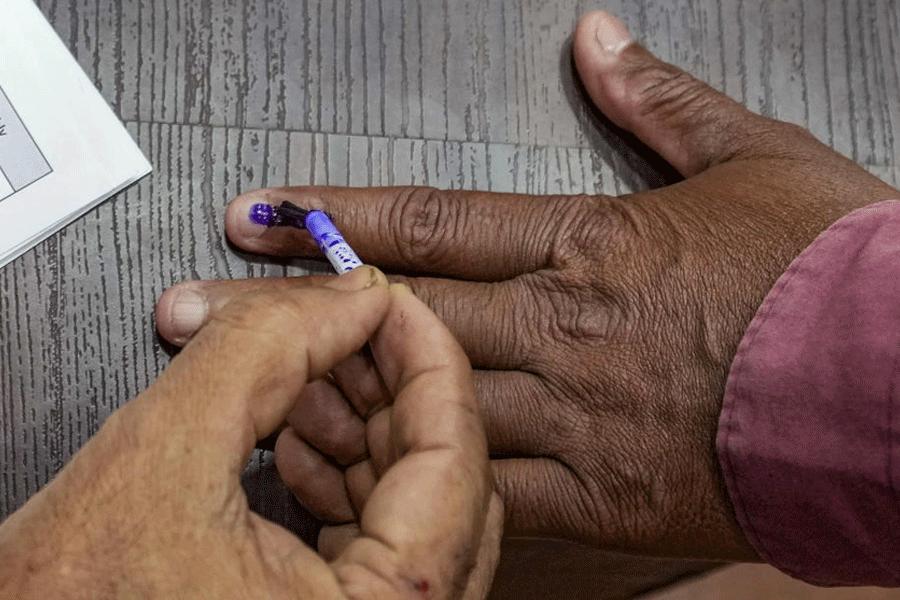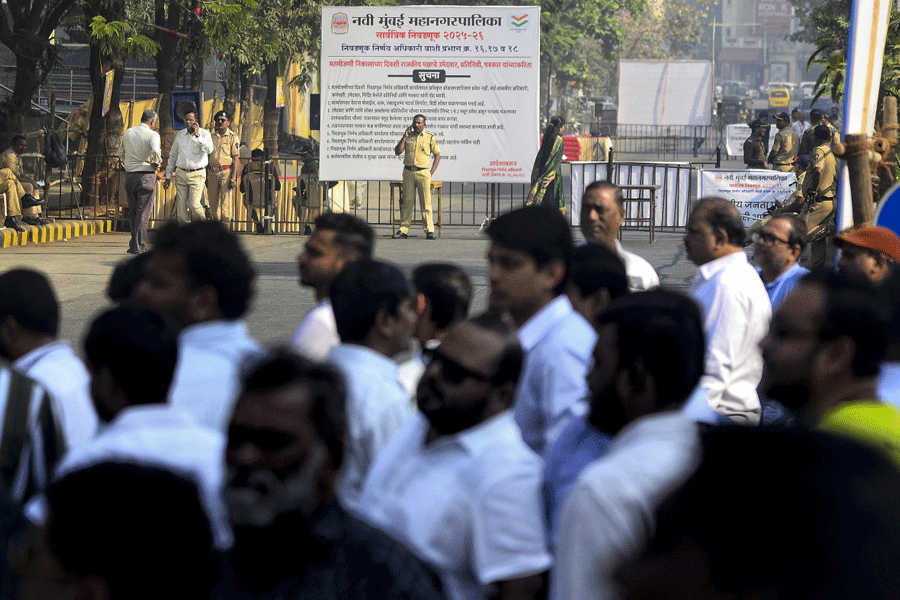 |
New Delhi, March 21: If you’re too busy working your way up the corporate ladder to spend time with your spouse, beware. The Supreme Court has ruled that denial of company is a good enough reason for ending a marriage.
Indifference, frigidity and abstinence from sex without reasonable cause also count as cruelty and would justify divorce, the court ruled today.
Upholding the petition of a woman who asked for divorce on the ground that her husband was mentally ill and could not perform his conjugal duties, a bench of Justices Ruma Pal and A.R. Lakshmanan said cruelty was not confined to violent acts but could include “injurious reproaches, complaints, accusations or taunts”.
Such acts could be a ground for divorce even if they were unintentional, it said.
The court, however, added that whether an act was cruel or not had to be judged in the context of the case. “The concept of cruelty varies from time to time, from place to place and from individual to individual.”
It would depend on the extent to which a spouse in a given situation can be expected to endure, the court said, adding that a young, educated woman could not be expected to endure harassment in domestic life, whether intentional or unintentional.
In the film Murder, Mallika Sherawat plays the lonely wife of a workaholic who has an extra-marital affair with a college flame. In the end, though, she is reunited with her husband.
Such happy endings may not unfold for workaholics in real life.
Although cruelty has not been defined, it is a conduct in relation to matrimonial duties and obligations, the court said. Cruelty is established if the conduct is proved, it added. Courts need not go into the effect of that conduct on the other spouse before accepting a plea for divorce.
“The general rule in all questions of cruelty is that the whole matrimonial relations must be considered, that rule is of special value when the cruelty consists of not violent acts but of injurious reproaches, complaints, accusations or taunts.
“It may be mental, such as indifference and frigidity towards wife, denial of a company to her, hatred and abhorrence for wife, or physical, like acts of violence and abstinence from sexual intercourse without reasonable cause,” the bench said.
It upheld the appeal of the woman who had filed for divorce months after her marriage in 1993, but was turned down by the family court and later by Delhi High Court. The orders of the courts below had resulted in grave miscarriage of justice, the apex court said.
In the absence of evidence from the husband, the court was bound to grant a decree of divorce by relying on evidence produced by the wife, the bench said. It added that if a spouse refused to subject themselves to medical examination to refute allegations of mental illness, courts could allow a plea for divorce on the ground of mental disorder.










